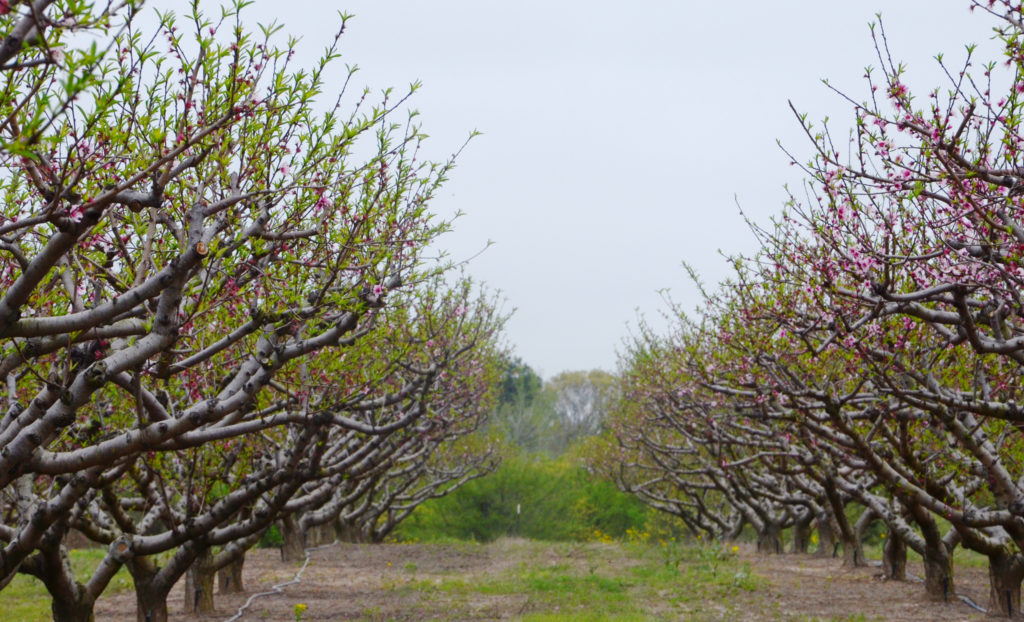I’m not sure how it can possibly be the end of July already, but here we are! Hope everyone had a great week. Here are some of the ag law stories in the news.
* Edwards Aquifer Authority To Pay $4.5 Million Settlement to Braggs. After 10 years of litigation, the Medina County pecan farmers at the center of one of the biggest water law cases in Texas will be paid by the Edwards Aquifer Authority for a taking of their private property. As you have read about several times on this blog, the trial and appellate courts found that by denying Mr. Bragg’s permit request to pump groundwater beneath his property, the EAA committed a taking, for which just compensation was owed. [Read more here.] The Edwards Aquifer Authority Board approved paying the settlement, which is based on a $2.5 million jury verdict in the Braggs’ favor plus interest. This case marks the first in Texas where the denial of a groundwater permit was found to constitute a taking. [Read San Antonio Express News article here].
* Veterinary Feed Directive Reminder. KGNC News here in Amarillo recently did an interview with veterinarian Dr. Bud Dinges discussing the impacts of the Veterinary Feed Directive on producers. [Listen to interview here.] You may recall from this prior blog post, that the Veterinary Feed Directive (although not a new law) is imposing new limitations on how medicated feed may be used and purchased. First, companies are currently modifying drug labels to remove production uses (such was use in order to increase rate of gain) from approved uses for various drugs. Second, as of January 1, 2017, a person seeking to purchase feed containing a “medically important antimicrobial” must obtain a Veterinary Feed Directive (basically a form) from their veterinarian and present that to the feed store before the feed may be sold. [For more info click here.]
* Federal Surface Transportation Board Will Not Oversee Bullet Train. On July 18, the federal Surface Transportation Board rules that the proposed “bullet train,” a high speed rail that would connect Dallas and Houston, does not fall under STB jurisdiction. Specifically, the board found that the proposed rail is purely intrastate, while the STB’s jurisdiction extends only to intrastate rails. Many opponents of the project were happy with this decision, allowing the fate of the project to remain in the hands of Texas authorities rather than the federal government. Those in charge of the project claim that this ruling has no impact on their plans and ability to obtain land for the train. [Read articles here and here.]
* NM Pecan Farmers Seek Emergency Approval to Use Sulfoxaflor. Facing an issue with black pecan aphids, New Mexico pecan farmers and the NM Department of Agriculture have petitioned the US EPA to allow the emergency use of the pesticide sulfoxaflor. The pesticide was removed from the market in September 2015, after the US Court of Appeals for the Ninth Circuit found the EPA’s data and evaluation of possible impacts of the chemical was inadequate. Emergency requests such as this made by states seeking use of the chemical to combat sugarcane aphids on grain sorghum have been approved recently. [Read article here.]
* Free Webinar on Thursday. This coming Thursday, August 4, I will be presenting a free webinar titled “Ranching in Oil & Gas Country: Rangeland Challenges.” This is part of a webinar series hosted by the Texas A&M ecosystem and science management unit. The webinar will be from Noon – 1:00 and is open to anyone who wants to join. [For more info, click here.]












